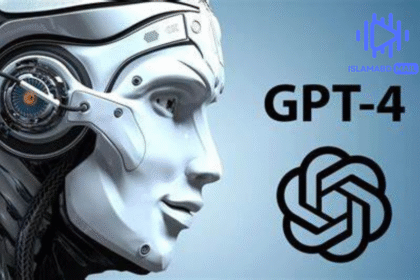The tech ethics organization, the Center for Artificial Intelligence and Digital Policy, has requested the US Federal Trade Commission to halt OpenAI from issuing any new commercial releases of GPT-4. The AI program has received rave reviews from some users, while others have been alarmed by its ability to provide rapid and human-like responses to queries.
In a complaint filed with the agency on Thursday, which can be found on the organization’s website, the Center for Artificial Intelligence and Digital Policy characterized GPT-4 as “biased, deceptive, and a risk to privacy and public safety.”
OpenAI, a California-based company supported by Microsoft Corp, launched the fourth iteration of its GPT (Generative Pre-trained Transformer) AI program in early March. This new release has captured the attention of many users as it can engage in human-like conversation, compose songs and summarize lengthy documents.
Tech Giants Call for Halt to Powerful Artificial Intelligence Systems
The Center for Artificial Intelligence and Digital Policy’s formal complaint to the FTC came after an open letter signed by artificial intelligence experts, industry executives, and Elon Musk, calling for a six-month pause in developing systems that are more powerful than OpenAI’s newly launched GPT-4, citing potential risks to society.
The organization stated that OpenAI’s ChatGPT-4 does not comply with the FTC’s standards of being “transparent, explainable, fair and empirically sound while fostering accountability.”
For instance, OpenAI exposed private chat histories to other users, and one AI researcher found it possible to “take over someone’s account, view their chat history, and access their billing information without them ever realizing it,” according to the group’s complaint.
Microsoft Enables Instant Access to OpenAI ChatGPT-4 Based Search Engine
Marc Rotenberg, the president of CAIDP and a privacy advocate with extensive experience, expressed concern that commercial pressure was driving the company to release a product that was not yet ready.
“Open AI is simply not complying with the FTC guidelines, and there is also concern that the product is unfair and deceptive,” said Rotenberg, one of the over 1,000 signatories to the letter calling for a pause in AI experimentation.
The group has urged the FTC “to open an investigation into OpenAI, enjoin further commercial releases of GPT-4, and ensure the establishment of necessary guardrails to protect consumers, businesses, and the commercial marketplace.”
In summary, the Center for Artificial Intelligence and Digital Policy has made a formal complaint to the US Federal Trade Commission, urging them to stop OpenAI from issuing any new commercial releases of GPT-4, calling it biased, deceptive, and a risk to privacy and public safety. The organization claims that OpenAI’s ChatGPT-4 fails to comply with the FTC’s standard of being transparent, explainable, fair, and empirically sound while fostering accountability. They cited examples such as exposing private chat histories to other users and allowing unauthorized access to billing information. The group has urged the FTC to launch an investigation into OpenAI and enjoin further commercial releases of GPT-4 while establishing necessary guardrails to protect consumers, businesses, and the commercial marketplace.











